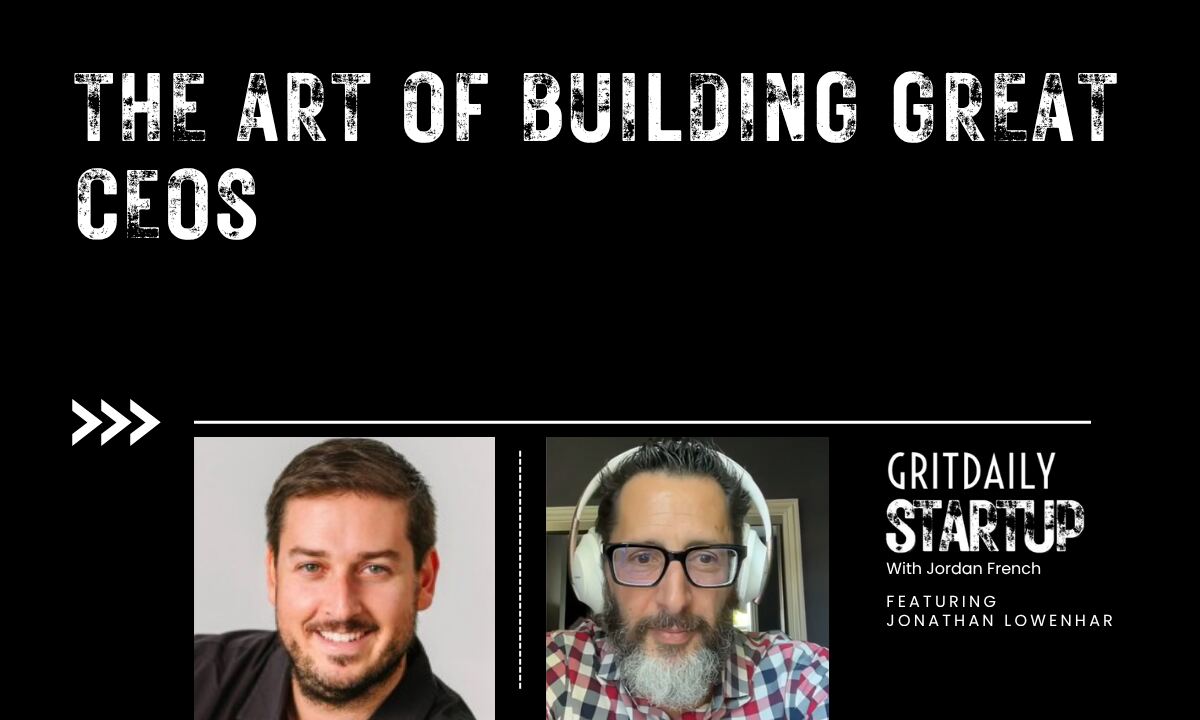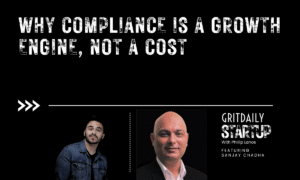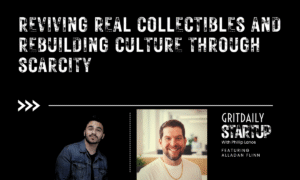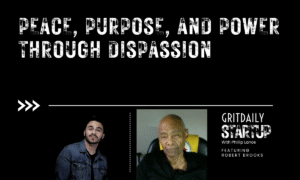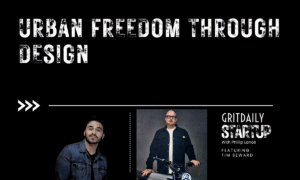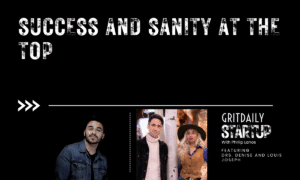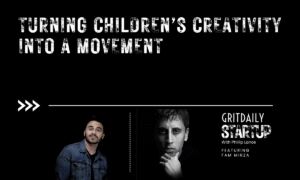Jonathan Lowenhar has spent decades inside the engine rooms of companies at every stage, from running divisions of large public corporations to steering private equity portfolio firms and co-founding startups. In the process, he noticed something fundamental: the companies that run well tend to share the same underlying systems. They have a clear reason for existing, a mission that turns vision into action, measurable goals to work toward, communication frameworks that keep every department aligned, and a set of values that guide behavior when things go wrong.
The problem is that most first-time founders don’t start with any of that in place. They enter the market with determination and an idea, often propelled by nothing more than the desire to bring a product into the world. If they’re fortunate enough to gain traction, they quickly encounter a shift no one prepared them for. The role of inventive creator gives way to that of company builder, and the skill set that fueled the early stage no longer fits the challenges ahead. Many find themselves in unfamiliar territory, unsure how to lead at scale and afraid to admit it to anyone whose opinion might matter to the business.
Enjoy The Work, the firm Lowenhar founded, exists to bridge this gap. It is built on the belief that founders can be taught not only how to endure the transition into the CEO role but how to thrive in it. The work blends psychological insight with hard operational expertise. Lowenhar and his team step in to help founders develop financial strategies, refine hiring processes, craft go-to-market plans, and improve leadership skills. Sometimes the support is deeply tactical, such as guiding a company through its first leadership off-site or restructuring communication so information moves effectively between teams.
At the core of Lowenhar’s approach is the need for clarity of intention. Every founder, he argues, must understand the type of business they are trying to build. Some aim for rapid growth and a global footprint, the kind of trajectory that demands venture capital and tolerates high risk. Others work toward a strong strategic acquisition within a few years. Still others want to retain control, build steady cash flow, and create a sustainable enterprise that supports a particular lifestyle. Each path requires a different capital strategy, growth plan, and tolerance for risk. When founders chase one model while funded or advised according to another, the result is often friction and missed opportunities.
Lowenhar also believes that education is critical. Many founders, even successful ones, do not have a deep understanding of how venture capital economics work or how those incentives can diverge from their own. Others have never learned to protect their most valuable asset: their time. He works with founders to identify what they are working toward and then align their calendars with those priorities, replacing reactive schedules with intentional ones. In his experience, the difference between a founder who ends the day feeling productive and one who feels perpetually behind often comes down to this discipline.
For Lowenhar, the end goal is not just the sale of a company or a public offering. It is about building a journey worth living. That means removing the isolation that so often accompanies leadership, finding trusted guidance before burnout sets in, and mastering the skills that make running a business both sustainable and rewarding. His firm has traditionally worked with a limited number of founders at a time, but new initiatives, such as intensive two-day boot camps, are making this expertise accessible to more entrepreneurs around the world.
The message he shares with founders is consistent: the moments of fear and doubt are universal, but they do not have to define the experience. The skills to lead well can be learned, and there are safe, experienced partners who can help. The challenge is to seek them out before the need becomes a crisis. For Lowenhar, the path from anxious founder to confident CEO is not a mysterious transformation — it is a deliberate process, and one worth enjoying every step of the way.
You can learn more on Enjoy The Work’s website, where the firm offers resources and playbooks for founders ready to take that next step.
Want more Grit Daily Startup Show? Take a look at past articles, head over to YouTube, or listen on Apple Podcasts or Spotify.

